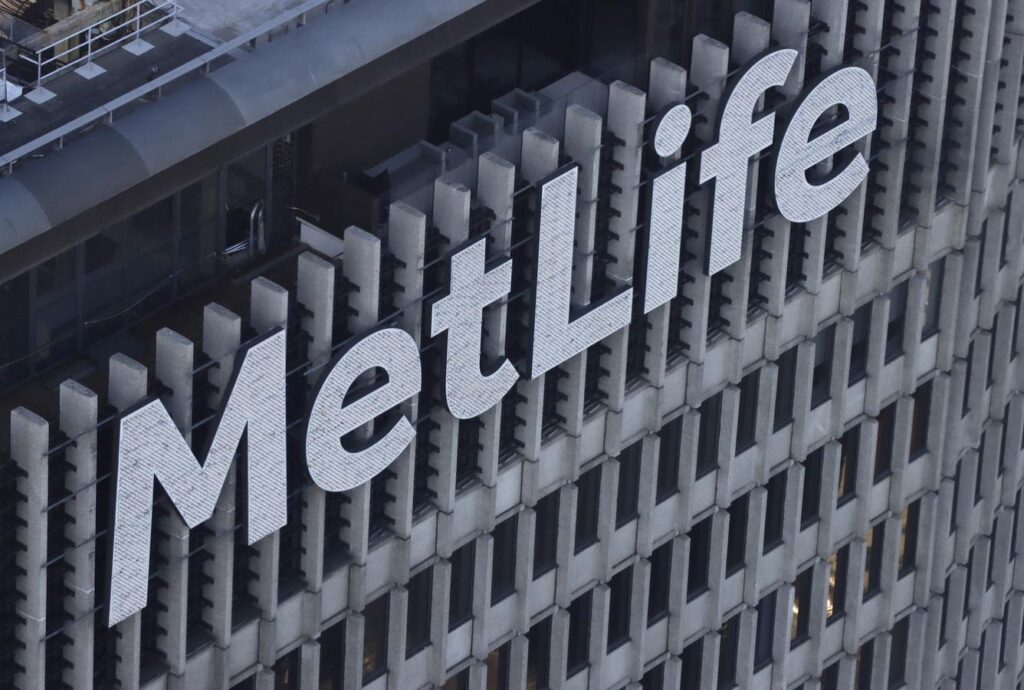MetLife, the largest life insurance company in the U.S., has seen its stock gain 28% over the last year, compared to a 23% return in the S&P500 index over the same period. Notably, MetLife’s peer Prudential Financial (NYSE: PRU) is up 19% over the same period. So what are some of the trends driving MET stock and what’s the outlook like?
The insurance giant posted a weaker-than-expected set of Q3 results. Adjusted operating revenues declined 3.4% year-over-year to $17.6 billion as Premiums, fees and other revenues declined by about 5% compared to the last year, while investment related income rose 8%. Adjusted earnings came in at $1.93 per share. The decline in earnings was partly due to higher expenses, which rose 7.3% year over year on account of higher interest credited to the policyholder account balances. The company’s group benefits business was a weak performer over the last quarter. The segment which offers health, dental, life, and other insurance products to organizations for their employees has been a source of weakness due to weaker non-medical health underwriting as well as its annual actuarial assumption review.
While MET stock has seen mixed growth over recent years, the Trefis High Quality Portfolio, with a collection of 30 stocks, has provided better returns with less risk versus the benchmark S&P 500 index over the last four years; less of a roller-coaster ride as evident in HQ Portfolio performance metrics. So is MetLife stock attractive at current levels?
There are a couple of trends that could support MetLife stock in the near-term. For one, the U.S. Fed has indicated that it could take a slower path toward monetary easing. This should benefit MetLife as unlike automotive or general insurers, who rely on shorter-term policies and underwriting income, life insurers are more sensitive to rates due to their long-term bond-heavy investment strategies. Moreover, the election of Donald Trump to the U.S. presidency could benefit insurers like MetLife, as potentially lower regulatory burden and tax reductions could improve profitability. The company has been growing its dividend yield and its strong share buyback program could also help drive gains in the long run. Overall, at its current price of $82 per share, MET is trading 5% below the Trefis’ estimate for MetLife’s valuation of about $86 per share.
Invest with Trefis Market Beating Portfolios
See all Trefis Price Estimates
Read the full article here


